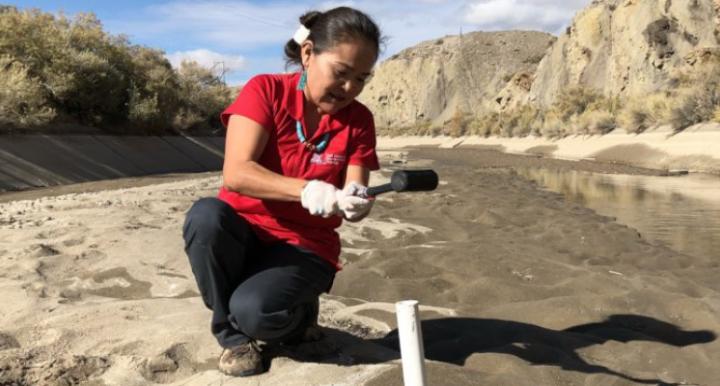Communities, Culture & Engagement
UArizona is home to outstanding faculty involved in multidisciplinary science engagement, translational science, science communications, traditional and local knowledge, and outreach programs that connect to communities across the globe.




